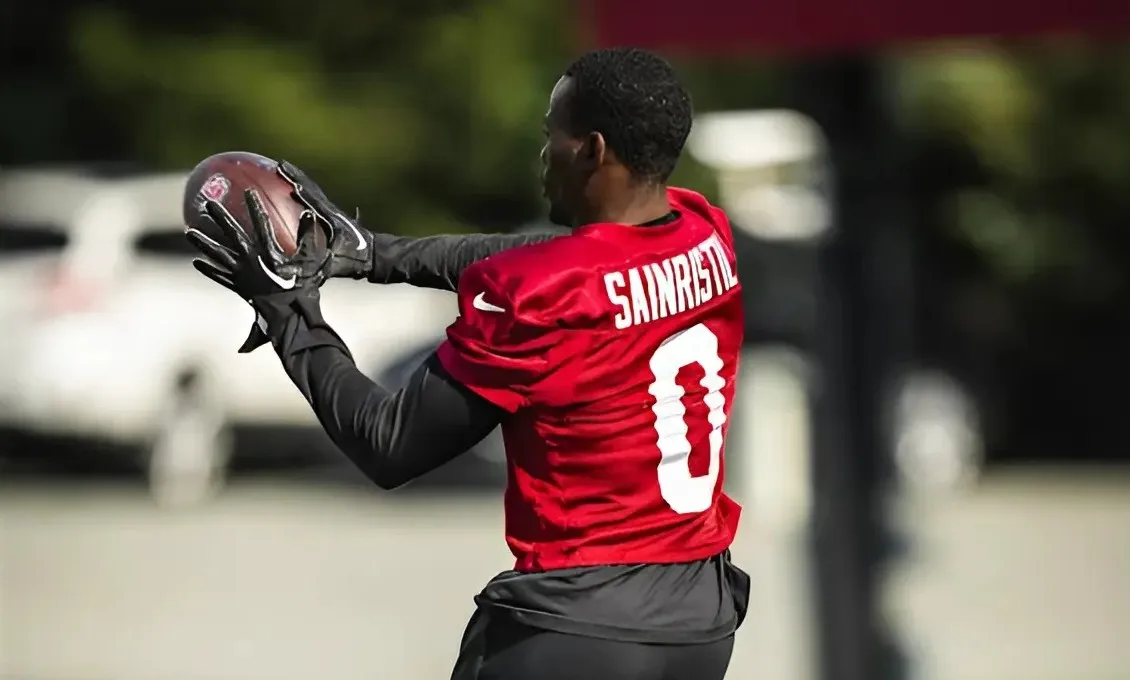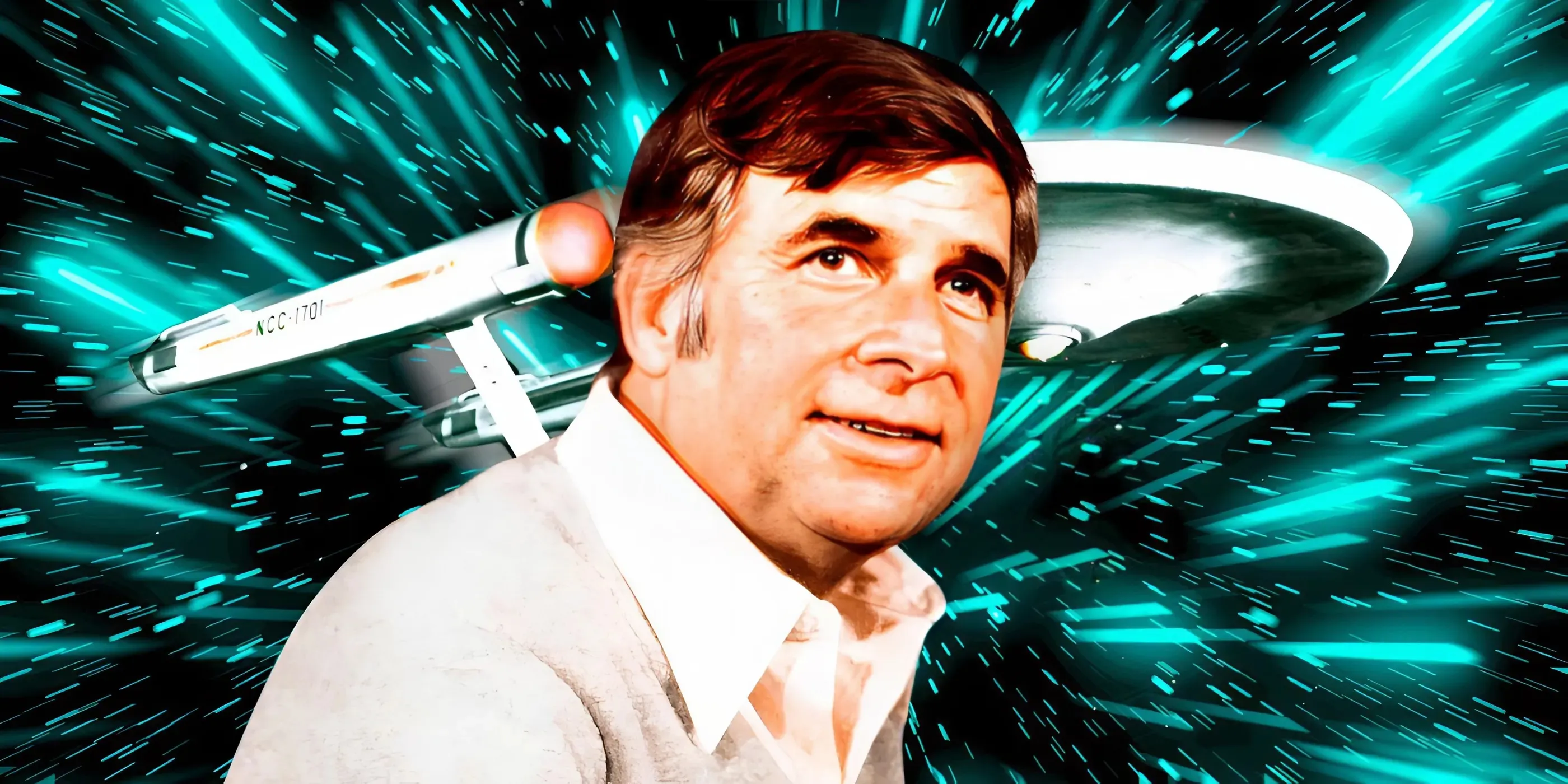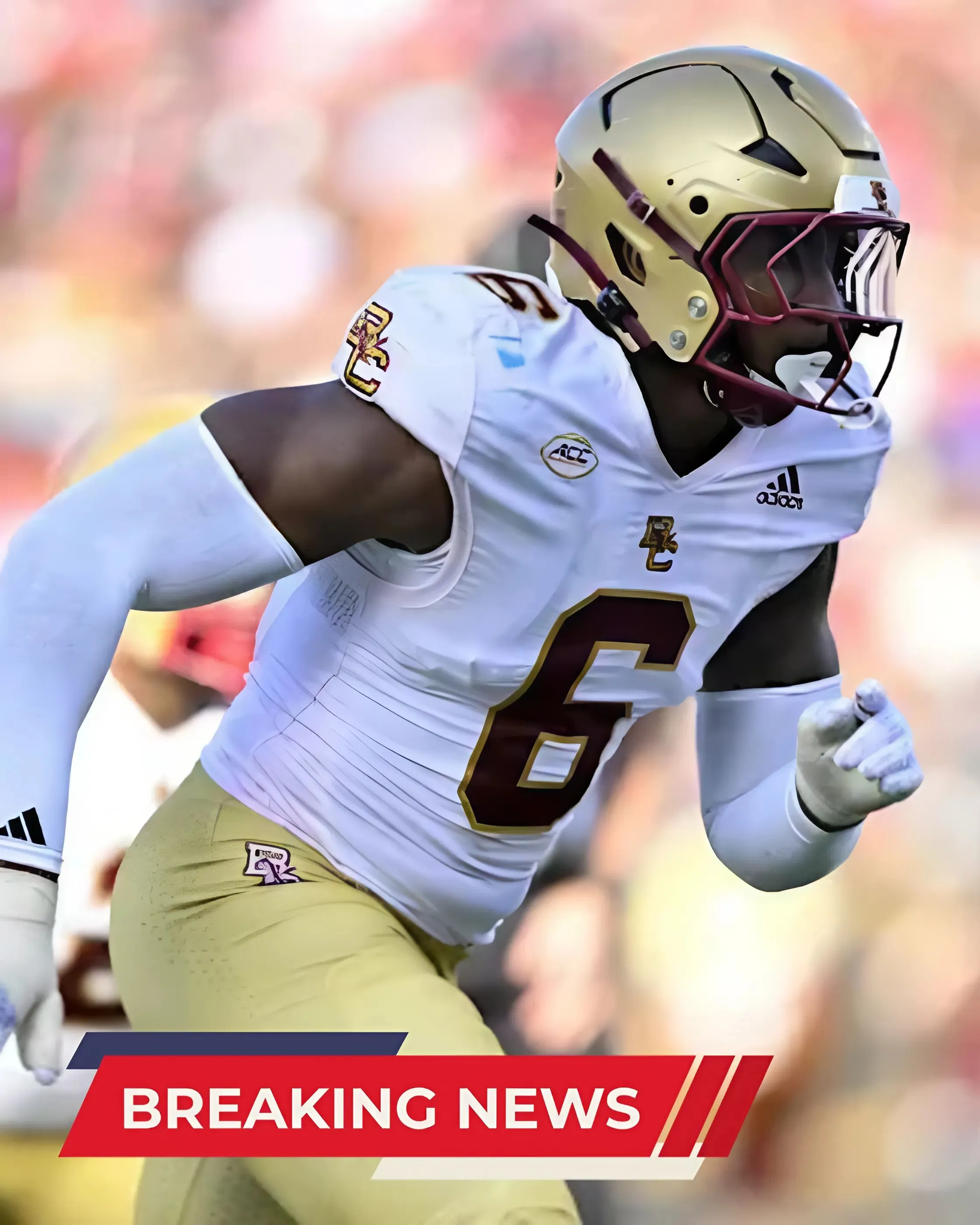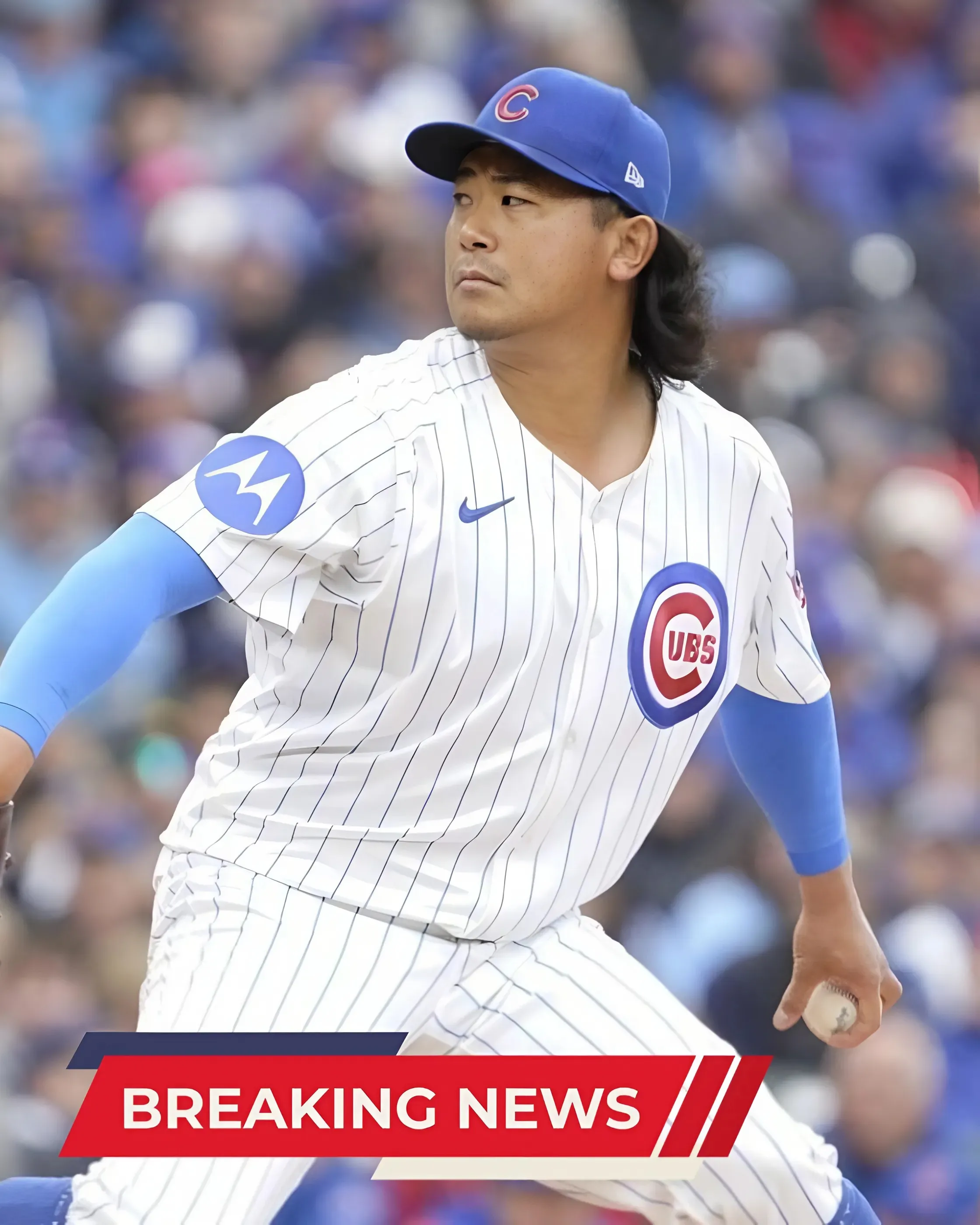The second season of HBO’s The Last of Us offers plenty of the beautiful ruins, shocking violence, and baroque mushroom monsters fans have come to expect from the hit series. But when it comes to the ideas that are supposed to make the show more than just a video-game adaptation—just as they differentiated the game from so many other post-apocalyptic adventures—the pivotal moment comes at a council meeting in the relatively stable enclave of Jackson, Wyoming. Debating how to respond to an attack on their community, one resident objects to risking lives to avenge deaths. “Forgive and be forgiven,” says another. “That’s what separates us from the raiders and the murderers.” Someone else counters that if there aren’t consequences for messing with Jackson, it will remain vulnerable to malicious outsiders.
The show is a parable of self vs. society that, in its first season, used an America reduced to Cordyceps-infected rubble to interrogate the ethics of survival. At its center was the tender relationship between Joel (Pedro Pascal), a cutthroat smuggler who lost his daughter in the fungal frenzy, and Ellie (Bella Ramsey), the mysteriously immune 14-year-old he was hired by a pro-democratic faction called the Fireflies to transport to a lab searching for a cure in Salt Lake City. But when they arrived, Joel realized that the Fireflies would have to kill Ellie to conduct their research. So he rescued her, not just murdering several Firefly soldiers and a doctor in the process, but also foreclosing the possibility of a cure that could’ve saved humanity. Love didn’t save the day. Quite the opposite. It metastasized into a form of selfishness so toxic as to deepen the misery of a desperate world. The flagrant unfairness of Joel’s choice, which he made on behalf of an unconscious Ellie and then lied to her about, was infuriating. So it makes sense that, in the inferior second season of a show whose thematic depth has, in practice, rarely matched its technical virtuosity, The Last of Us would home in on the idea of justice.

Premiering April 13, the season opens with a reminder of how, as they hiked home to Joel’s brother Tommy (Gabriel Luna) in Jackson, Joel doubled down on the lies he told Ellie. He swears that there were already many immune people at the lab; that the Fireflies had, by then, given up on finding a cure anyway. Meanwhile, back among the computer-generated giraffes of Salt Lake City, a young woman named Abby—a new character played by Kaitlyn Dever—vows to avenge the fallen Fireflies. “When we kill him,” she says, referring to Joel, “we kill him slowly.”
Five years later, Joel is still very much alive. He and Ellie have settled down in their own house in Jackson, though she lives in the garage following a rift between them whose cause we won’t learn for quite a while. Now 19, she’s one of the brave souls charged with defending the settlement’s perimeter from the clickers still wandering the countryside. She has a buddy, Dina (Isabela Merced), who just broke up with her annoyingly upstanding boyfriend, Jesse (Young Mazino from BEEF), and is hinting that she might see Ellie as more than a friend. As the distance separating surrogate father and daughter widens, Joel does something that no character in the history of television has ever more urgently needed to do—he goes to therapy. Yet the only therapist in Jackson, Catherine O’Hara’s spiky Gail, has her own baggage with him.

There isn’t much else I can reveal about what happens this season without violating HBO’s extensive spoiler list. Suffice to say that the characters will soon have more to worry about than the interpersonal dramas of Jackson. An adventure will inevitably ensue. Beyond Joel and Abby, questions of justice and vengeance emerge around a conflict between two militant groups (one led by Jeffrey Wright’s enigmatic Isaac Dixon) who do barbaric things to one another, though the aims of each side and the origins of their war remain murky. Does revenge constitute justice? Or is it always better to forgive and forget? If a person has done something so bad that they deserve to die, do they also deserve to suffer? Is there anything redeeming about being the kind of person who will protect the people they love, no matter how many others they hurt?
When the season is at its best, creators Craig Mazin and Neil Druckmann seem invested in whether Ellie, who everyone keeps saying is so similar to Joel, is doomed to repeat his dangerous moral errors. But those moments are few and far between. Most of the time, you could sum up the show’s take on justice—one it relentlessly hammers home—with the chestnut (often attributed to Gandhi) “an eye for an eye will leave the whole world blind.”

Season 2 feels insubstantial in other ways, too. Probably because its seven episodes constitute only a partial adaptation of The Last of Us Part II, whereas the nine-part first season covered the entire original game, the story is stretched too thin. Development of apparently crucial new characters like Abby and Isaac is minimal. While Season 1 had a few dazzling standalone episodes that broadened and deepened the show’s world, this follow up is oddly workmanlike; one flashback episode plays like a pale imitation of those highlights. And the finale is so abrupt and unsatisfying, it took me a while to realize it was the finale. In that sense, The Last of Us’s sophomore outing reminds me of Squid Game’s glacially paced second season, which ends just as the action is ramping up, in what comes off as a ploy to mine an international smash for maximum content. Both shows are in danger of becoming victims of their own success.
Not that The Last of Us has ever been, for all the breathless praise it’s received, a flawless work of art. It’s true that the performances are excellent and the production design astounding. These elements remain the show’s biggest assets in Season 2, even if the attenuated plot restricts the visual inventiveness somewhat. While her character is a bit of a dream girl, Merced (Alien: Romulus) makes a charming addition; Dever, Wright, and O’Hara are predictably wonderful, though I wish we got to see more of them. Amid goofy fan service like Twisted Metal and The Witcher, it’s still the best video-game adaptation on TV. Yet to pretend that The Last of Us completely transcends its original medium would be to ignore the hole at the center of the show where insight and complexity and rich supporting characters should be. What fill out the episodes instead are extended zombie-battle scenes and long, silent sequences where people explore gorgeously decaying spaces. At those moments, you might as well be watching someone play a video game.




